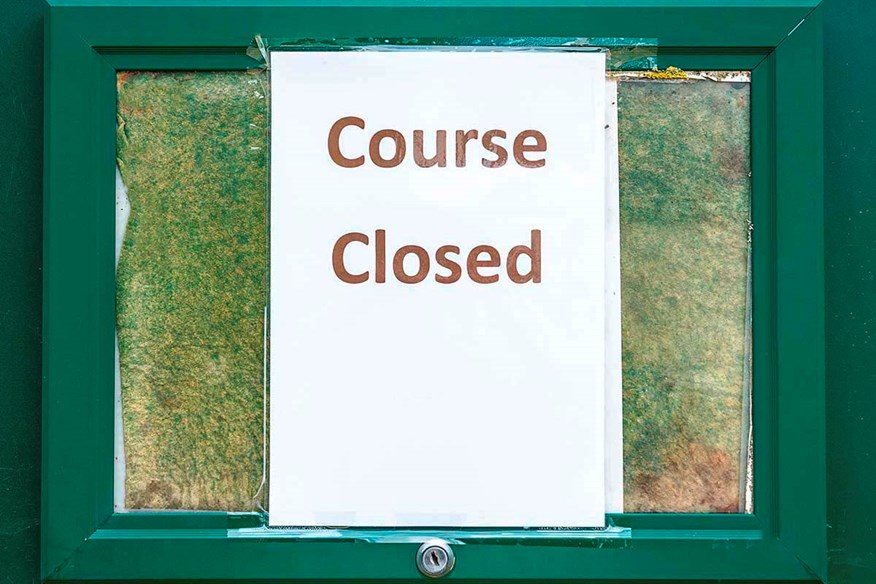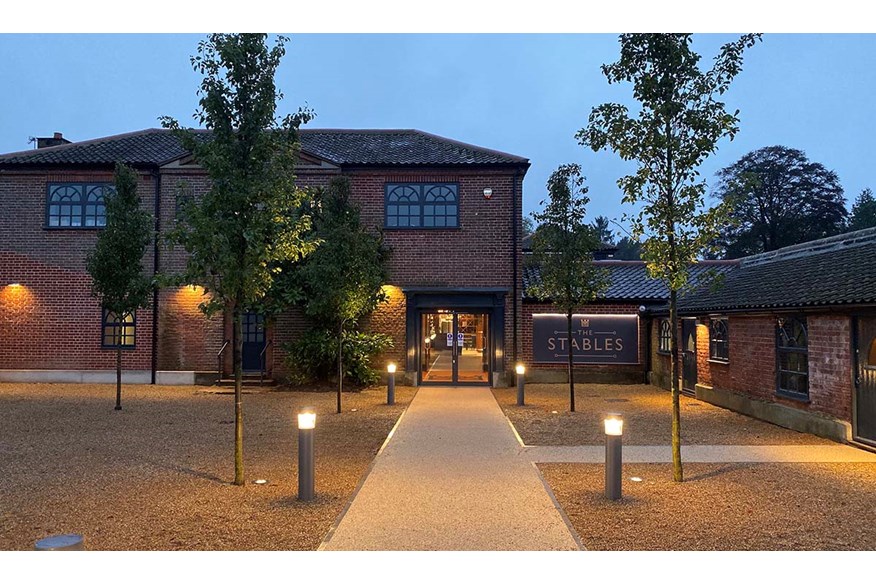“Older golfers should pay MORE for their golf club memberships”
Last updated:
One golfer believes the traditional membership fee structure is wrong and should be flipped on its head.
Flexible golf membership options have increased in recent years, but the vast majority of golf clubs still only offer a choice of five- or seven-day membership. The latter is more expensive because you get access to the course every day of the week, including the busiest two days at the weekend.
On the face of it, this makes sense, but it’s always been a sore point for golfers who work during the week. They have to pay the highest fees but may only get out once a week, while retired golfers can get a reduced rate and play several times during the week.
It’s probably no coincidence, then, that the average age of golfers is in the mid-50s for men and mid-60s for women.

Some golfers have suggested that adding a weekend-only membership option would be a fairer solution, but that doesn’t solve the problem of the course getting too busy on Saturdays and Sundays, which is typically the most popular time to play.
One golfer, Tom Giles, recently wrote a letter to TG, published in the most recent issue, suggesting something I’d never heard proposed before:
“Recently, I almost joined a golf club in north Leeds. I’m aged 29, and I expect all golf clubs to offer some incremental discounts for junior golfers, all the way up to the age of 30. This club offered the same… or so I thought.
The reduced price (by only £200) was for a six-day membership. And if I wanted the full seven days, I had to pay full price. And for those over 30, perhaps you’re thinking, “So you should!” But maybe we’re doing this the wrong way.
I suggest a flat rate up to the age of 55, then those over 55 should be paying more. Those under 55 are more likely to be playing less due to work and family commitments. Whereas I know a lot of seniors who play two or three times a week, sometimes more. So, let’s swap the structure around and bill those golden oldies the larger sums!“
Tom Giles, email
I’d say the chance of any club adopting Tom’s suggestion and risking upsetting the biggest chunk of its membership is about as likely as Tyrrell Hatton going a year without swearing on the course, but it’s an interesting point. Is it fair that the golfers who play the most pay the least?
My understanding is that the reduced rates were introduced back in the day to reflect the fact that retirees had lower incomes than those in work. In some cases that may still be true, but nowadays it’s often retirees in their sixties and seventies who have more money than those still working.
Under 55s who are paying mortgages, supporting children, etc, may well have the least disposable income. I’ve known several people forced to forego their golf membership because it wasn’t a justifiable or sustainable part of their family finances. They hope to take up membership again later in life when time and finances allow, but it’s a shame to see them miss out on the game – and for the club to miss out on such golfers – because the membership categories don’t serve them.

So what is the solution?
In the introduction, I mentioned flexible golf memberships, which have emerged as a serious alternative to traditional offerings in the last decade or so. These points-based memberships see you buy credits that can be exchanged for rounds of golf.
I was previously a member at Royal Norwich, where around half of the members are points-based.
£695 gets you 1,000 points, with a round of golf setting you back 30-95 points, depending on the season and the time of day. Weekends still come at a premium, which favors retirees over those working Monday-to-Friday, but it enables those too busy to justify a full membership (which costs £1,495-£1,995 depending on whether you want five-, six-, or seven-day access) to be a part of the club.
Shortly before joining, I spoke to Phil Grice, who was general manager at Royal Norwich and chairman of the Golf Club Managers’ Association. He has vacated both roles in the years since, but what he told me then makes for interesting reading in light of recent news that shows declining golf club membership levels.

“You look at the numbers and golf membership has gone down,” he said. “But you’re looking at the wrong numbers. Participation numbers are through the roof. Around 9.5 million people in the UK played golf last year, in one way, shape, or form. Only 900,000 are members of a golf club, but that’s because golf clubs aren’t fit for purpose anymore.
“I bet you anything you like that in 15 years 70 percent of golf club membership will be points-based. People aren’t as fussed about being a member of one club anymore. You can be a member of a few and play a different one each week. That’s part of the fun of it. At each club you’ll have your discount card and be part of the family – why wouldn’t you? What a great thing.”
There will be golf club members reading this who wouldn’t dream of foregoing their full-access, seven-day membership, and that’s great. But with an ongoing cost-of-living crisis causing millions to monitor their finances, it’s inevitable that some people are waving goodbye to golf club membership.
Each year, numerous golf clubs are forced to close due to a lack of members and unsustainable finances. Clubs that are struggling would be wise to consider whether their current offering could be improved to meet the needs of current and potential members.


